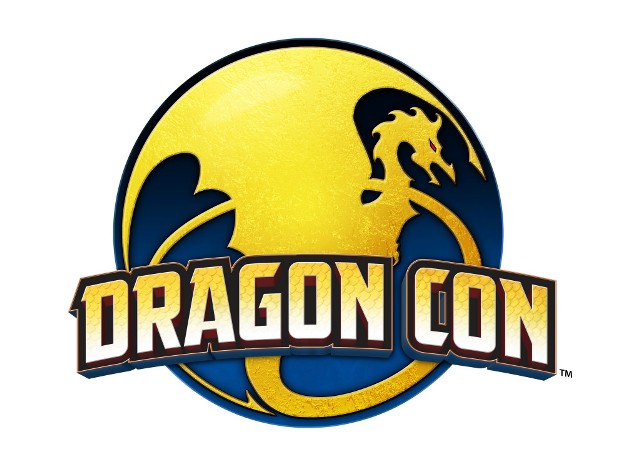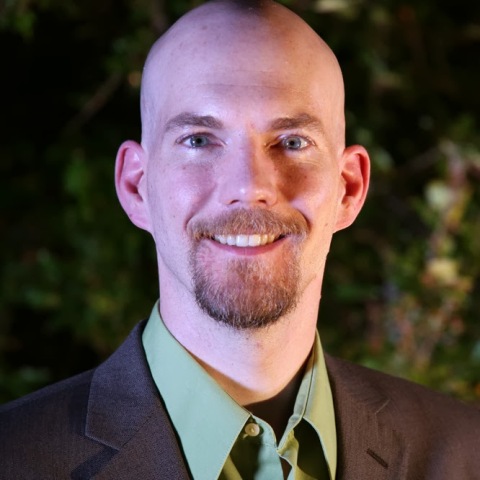Per Matt
You can’t have science fiction without the science element and Dragon Con has plenty of it. Looking ahead, I interviewed Science Track Director Stephen Granade to preview upcoming Dragon Con events, discuss a special guest from Beakman’s World who will be making an appearance and wonder how Zombies may work their way into the track, as well.
As the Science Track director, could you describe some of your job responsibilities?
– “I’m responsible for putting the track content together, gathering panel ideas from guests and attendees and scheduling them. I recruit scientists and science communicators to be part of the track. Once the convention begins, my track volunteers and I set up our track room in the hotel, help the panel participants with their panels, and in general make sure things happen on time.”
How would you describe the overall science track to someone who hasn’t experienced it before?
– “It’s 50 hours of science and fun. We talk about the latest science news in ways that don’t require a science degree to understand. We discuss the science behind things like Star Trek and Zombies, and we have science quiz shows.”
“Also, there are puppets.”
How did you initially get involved working at Dragon Con? What led you to the science track?
– “When I moved to the area, friends of mine were volunteering for the Dragon Con Tech-Ops department — the people who handle audio and video for the convention. I’ve got a background in theater, so decided to give it a try. After a few years, the science-track director discovered that I have a degree in physics and asked me to be on a panel. Pretty soon I was focusing on giving talks and being on panels. When Dragon Con needed a new science-track director, they asked me since I had experience with both the convention and with the science.”
There seems to be a fine line differentiating science fact from science fiction. How would you differentiate the two?
– “Science fiction is a genre that uses the trappings of science and technology to tell a story. It’s not generally about teaching you science. In science fiction it’s more important to get the story right than getting the science right. Sure, there’s no sound in space, but space battles are more exciting if you can hear the whoosh of spaceships and the zap of lasers.”
“In the science track, we like to use science fiction as a jumping-off point to talk about real science. For instance, Pacific Rim was a movie about giant robots and giant monsters. What would it take for us to build a giant robot? The giant monsters had ammonia in their blood instead of water. Is that possible? I enjoy seeing how close we can actually get to the science shown in science fiction, but I don’t demand that science fiction be completely scientifically plausible.”
What subjects do you think will be the most-talked about topics for 2014? What were some of the biggest topics of last year?
– “Last year we had a lot of excitement about the Higgs boson being discovered. Scientists had been looking for it for decades, and its discovery was huge. This year, I’m really excited that we have Paul Zaloom, who created the TV scientist Beakman in the show Beakman’s World. Like Bill Nye’s show, Beakman’s World got a lot of kids interested in science, and I can’t wait to see him at the convention.”
With The Walking Dead being filmed in Georgia, has the topic of Zombies increased or expanded within the science track over the last few years?
– “It’s actually stayed pretty constant, because Dragon Con added the Apocalypse Rising track to cover topics like Zombies. Some of our scientists end up talking about Zombies on Apocalypse Rising panels.”
What would you say is the main fascination with Zombies and the undead?
– “I think it’s that they’re a really flexible metaphor, and allow a lot of stories to be told using them. George Romero-style ‘slow’ Zombies are an implacable foe, and are like an unstoppable disease or natural force. 28 Days Later-style Zombies are rapid, sudden death that lurk around every corner. You can tell Zombie stories and focus on survivors slowly falling apart, or on super-competent Zombie hunters that allow us the vicarious thrill of killing people who aren’t people any more.”
What aspect are you most looking forward to within the science track this year?
– “I can’t pick just one thing, because I love the whole schedule that we’ve put together. We have a great mix of topics and different approaches to presenting science.”
Could you spotlight some of the guests who will be headlining the track this year?
– “I mentioned Paul Zaloom above. We’ve also got Annalee Newitz, who’s the editor-in-chief of the popular Website io9 and who’s written a great book on how humans will survive global extinction events. David Shiffman’s a shark researcher who does great outreach on social media, so much so that he’s a go-to expert for reporters during Shark Week.”
How do you normally spend your time at Dragon Con?
– “This year I’ll split it between helping out in the science-track room, being on panels, and hopefully sleeping.”
Do you ever host panels? If so, will you be hosting any this year?
– “I’ll be presenting a talk on the science behind Pacific Rim and moderating several panels, including the ‘Ask a Scientist’ panel, where audience members get to ask our panel of expert scientists any science question they’ve got.”
For More Information:
– Dragon Con Science Track Twitter
– Dragon Con Science Track Facebook
– Dragon Con Science Track Website
– Dragon Con Website


